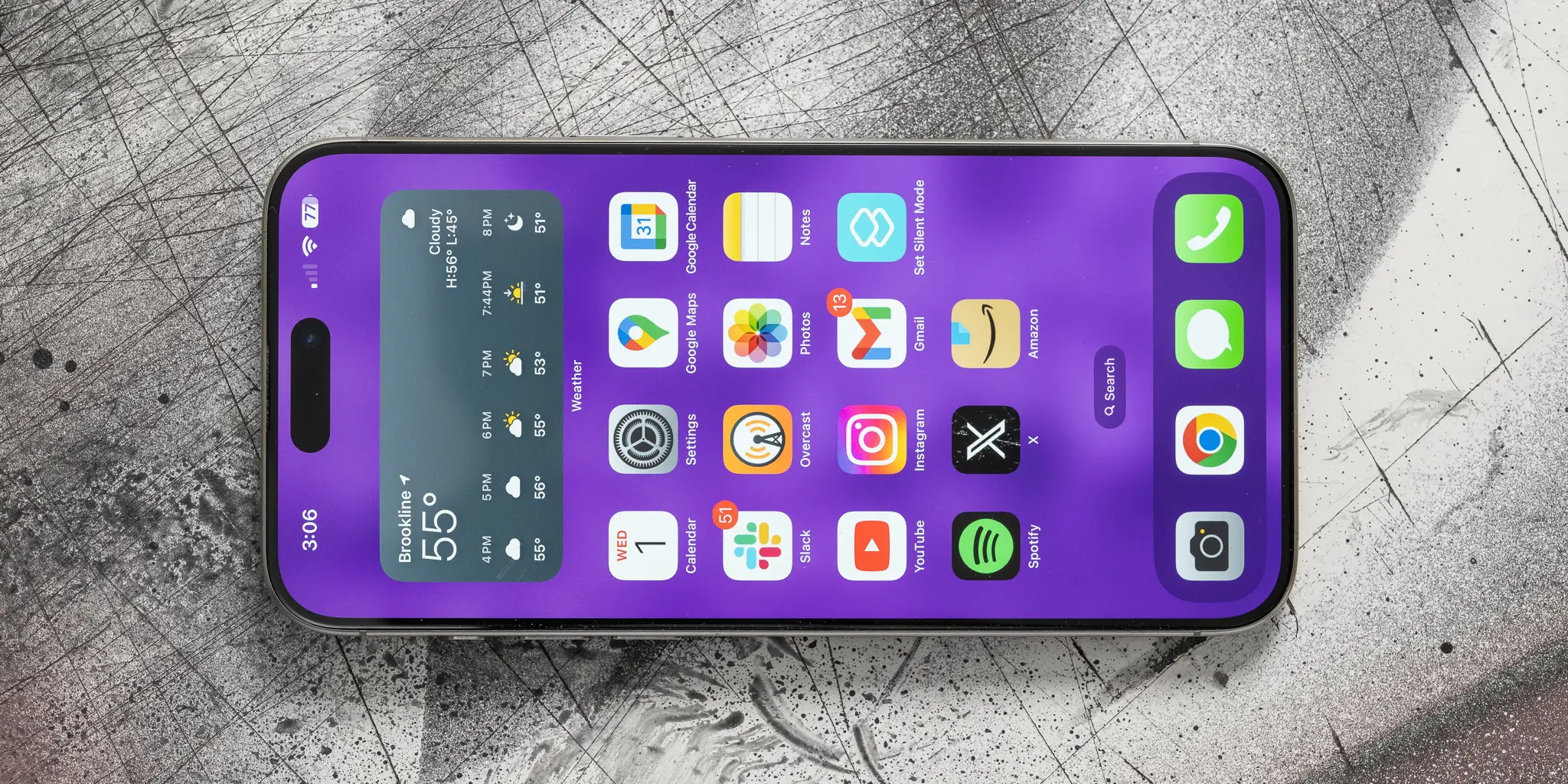In an unexpected yet strategic turn of events, Apple has announced its decision to adopt the Rich Communication Services (RCS) standard on iPhones starting in 2024. This move, a significant shift from its previous stance, is seen as a response to regulatory pressures and the evolving global messaging landscape.
Key Highlights:
- Adoption of RCS Standard: Apple plans to integrate RCS, enhancing interoperability between iPhones and Android devices.
- Pressure from Regulators and Competitors: The decision follows considerable pressure from tech giants like Google and Samsung, along with regulatory scrutiny.
- Improving Cross-Platform Messaging: RCS aims to offer advanced messaging features, such as read receipts, high-quality media sharing, and typing indicators, bridging the gap between iOS and Android messaging.
- iMessage to Remain Unchanged: Apple assures that iMessage will continue to offer secure and exclusive messaging for iPhone users.
- Enhanced Features and Security: Despite adopting RCS, Apple emphasizes that iMessage’s security and privacy features remain superior.

The Evolution of Messaging on iPhone
Apple’s announcement to support RCS in 2024 marks a notable pivot in its approach to cross-platform messaging. The integration of RCS is poised to resolve longstanding compatibility issues between iPhones and Android smartphones, addressing the infamous “green bubble” dilemma without compromising the exclusivity of iMessage. Apple’s initiative aligns with its commitment to providing a seamless and secure messaging experience, ensuring that iMessage remains the premier choice for Apple users while extending improved interoperability to cross-platform communications.
The decision is underscored by increasing demands from industry players and regulatory bodies to enhance messaging standards and interoperability. Critics have long argued that Apple’s reluctance to support RCS has contributed to fragmentation in messaging ecosystems, particularly disadvantaging Android users. The move to adopt RCS reflects Apple’s acknowledgment of these concerns, coupled with its ongoing efforts to navigate regulatory environments and maintain its competitive edge in the global market.
The Strategic Implications
Apple’s strategic decision to support RCS is multifaceted, driven by a combination of regulatory pressures, industry dynamics, and user experience considerations. The announcement follows Google and many telecom operators’ calls for EU regulators to scrutinize iMessage’s compatibility with rival services. By embracing RCS, Apple not only addresses interoperability challenges but also preempts potential regulatory interventions that could mandate broader access to its messaging ecosystem.
Furthermore, Apple’s commitment to RCS underscores its dedication to innovation and user satisfaction. By enhancing the messaging experience between iPhone and Android users, Apple is poised to mitigate one of the longstanding barriers to cross-platform communication. This move could also have implications for user retention and the broader competitive landscape, potentially influencing smartphone users’ platform choices.
A Look Ahead: The Future of Messaging on iPhone
As Apple prepares to roll out RCS support, the tech community and users alike are keenly awaiting the impact on messaging dynamics. The integration of RCS promises to enrich the communication experience with advanced features, fostering greater inclusivity and connectivity across mobile ecosystems. However, the distinction between iMessage and RCS messaging, particularly regarding security and privacy features, remains a critical consideration for users and industry observers.
The adoption of RCS by Apple signifies a significant step toward unifying global messaging standards, reflecting the company’s adaptability and responsiveness to the evolving digital landscape. As regulatory, competitive, and technological forces continue to shape the messaging domain, Apple’s strategic embrace of RCS positions it at the forefront of these changes, reinforcing its commitment to innovation, user experience, and industry collaboration.









